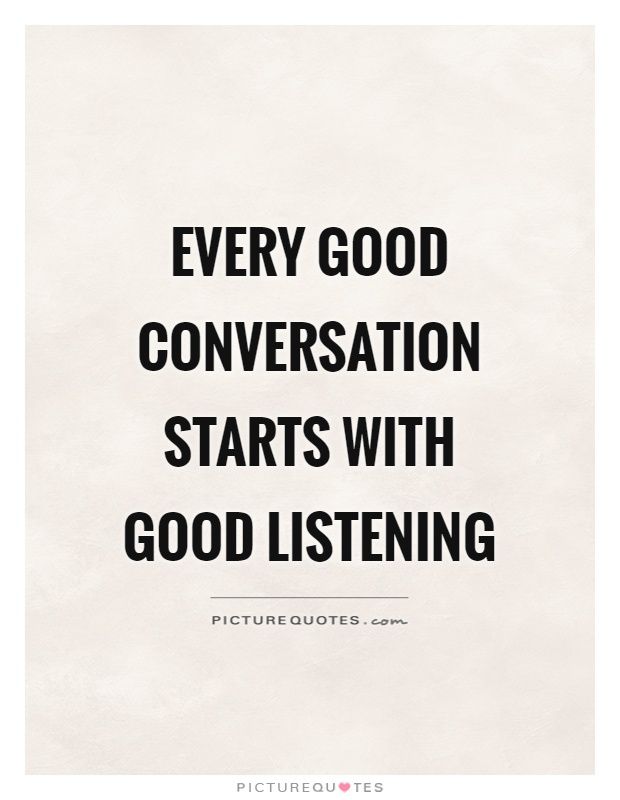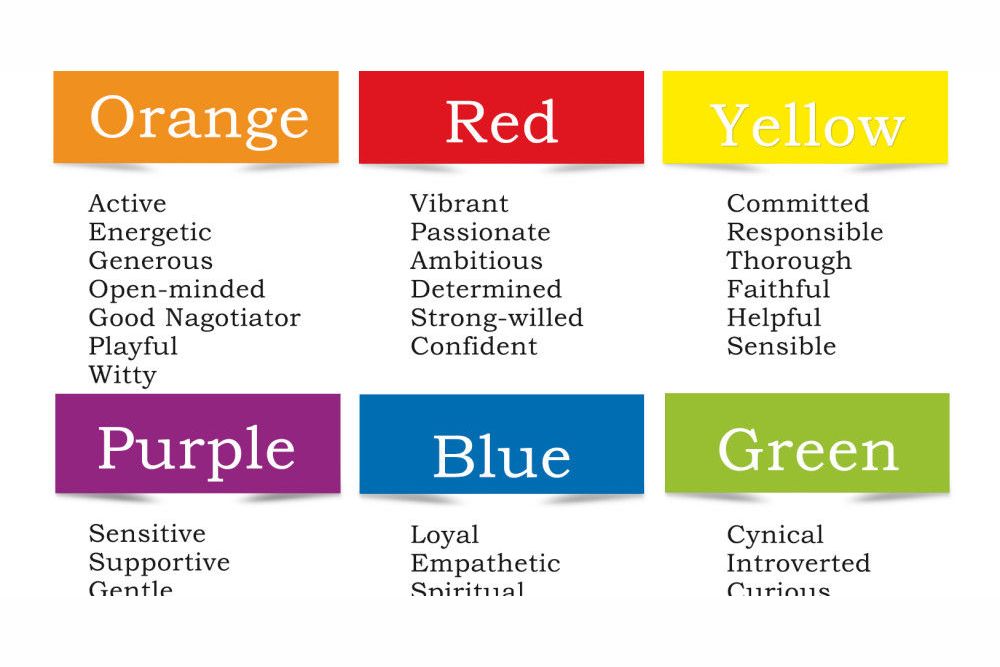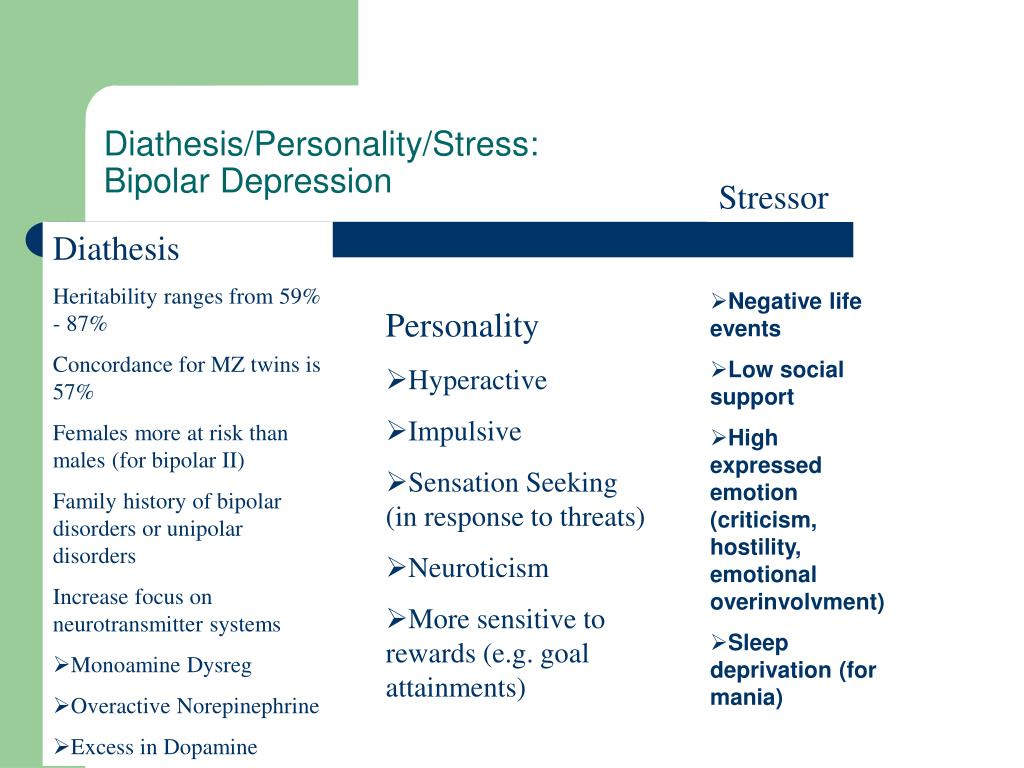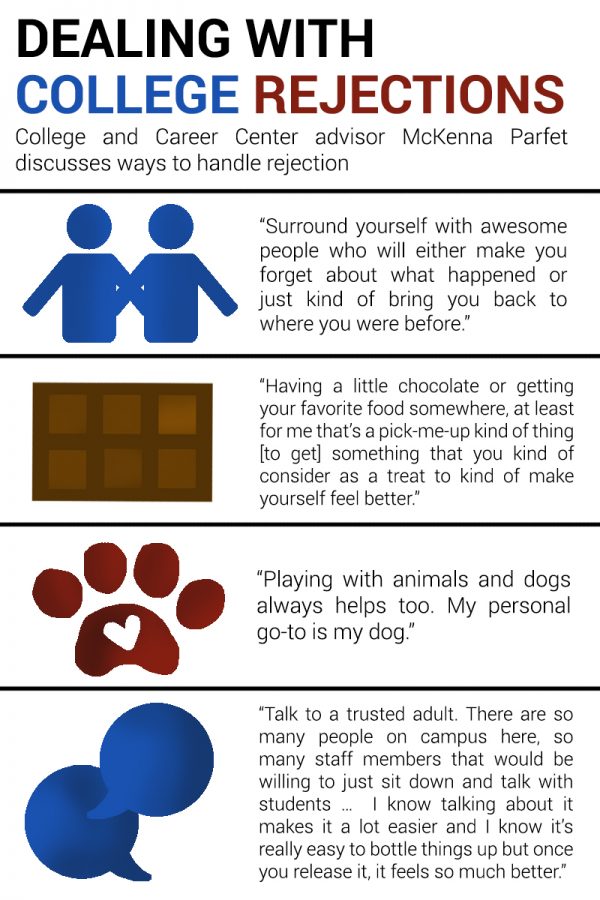How to communicate people
6 Tips On Communicating With Others
By Tiffany Oakes
October 7, 2017
3 minutes to read
Comments
Summary: Communication is a topic that can be hard to master. How do we communicate effectively so we can have good relationship with others, whether in the workplace or at home?
Here are 6 tips on communicating with others effectively, whether in the workplace or at home:
1. Really Listen
Most of us do more talking than listening. What is it that makes us more concerned about what we are going to say than what the other person is saying to us? Take the time to really listen to what people are saying, by their words, tone, and body language. If they know you are really listening to them, they will be more open and trust you with their real thoughts and feelings. Ask questions about what they are saying to encourage them to open up more. The more you really listen, the more they will open up, the more you really listen, the more they will open up… and the cycle goes on.
2. Come Alongside The Other Person
People don’t need friends who beat them up; they need friends who help them out. Being a friend means coming alongside the other person even if you don’t agree with them. It’s being there and showing support as they work through the problem. Don’t try to solve or judge their issues; just be there and let them know you care about and support them.
3. Don’t Give Unwanted Advice
Do you have one of those friends who love to give you advice even when you don’t ask for it? Most unwanted advice is just that – unwanted. Wait until your friend asks for advice and then give it to them. If they don’t ask for your advice, don’t give it to them. Giving unwanted advice makes you seem like a know-it-all and that doesn’t make for a good friendship or good communication. Sometimes the person just wants you to listen while you are trying to fix the issue instead. A good question to ask is “Do you want me to listen or help problem solve?”. This will give you the answer on if they want advice form you on this subject. If they say “just listen”, then do that. Close your mouth and just listen. That is the best way to be helpful at that time. If you are respectful of their needs, there might come a day when they actually ask for your advice.
Giving unwanted advice makes you seem like a know-it-all and that doesn’t make for a good friendship or good communication. Sometimes the person just wants you to listen while you are trying to fix the issue instead. A good question to ask is “Do you want me to listen or help problem solve?”. This will give you the answer on if they want advice form you on this subject. If they say “just listen”, then do that. Close your mouth and just listen. That is the best way to be helpful at that time. If you are respectful of their needs, there might come a day when they actually ask for your advice.
4. Check Your Tone And Body Language
Body language is more telling than the actual words you say. Therefore, watch your tone and body language when you are speaking. Is your tone harsh? Does your face give away your disgust when someone else is talking? Do you smile and reassure the person who is talking? Your body language says more about your feelings and thoughts than your actual words so keep that in mind the next time you have a conversation with someone. Check your body language to ensure it is consistent with your words.
Check your body language to ensure it is consistent with your words.
5. Be Real
The best way to communicate is by being open and honest. If you are frustrated, say “I’m frustrated”. Being able to label your feelings and work through them can help you when communicating with others. If you don’t want to talk about a subject, say “I don’t want to talk about that” to let the other person know where you stand. Being able to articulate your thought s and feelings can be a big step in getting good communication with others. Little kids are great at this as they have not learned all the social nuances of how to hid their feelings and be deceptive in their communication. We could all use a trip back to being a child when understanding how to communicate more honestly.
6. It’s Not About You
I hate to say it, but communicating isn’t all about you. Communication is a two-way street and we need to remember that the other person’s thoughts and feelings are as important as our own. I know that it hard to comprehend, but we need to have that give and take when communicating with others. To have a truly good communication, there needs to be honest going both ways and a good understanding of what is being said. Asking clarifying questions and letting the other person know you are listening are great ways to enhance communication.
I know that it hard to comprehend, but we need to have that give and take when communicating with others. To have a truly good communication, there needs to be honest going both ways and a good understanding of what is being said. Asking clarifying questions and letting the other person know you are listening are great ways to enhance communication.
Try these tips to see if they enhance your communication with your co-workers and family. You might be surprised at how simple it really is to communicate with others.
3 steps to better communication
Communicating well can help you to maintain good relationships, avoid conflict and even increase your likelihood of getting what you want. Learn how active listening, assertive communication and body language all add up to awesome communication skills.
Be an active listener
Good listeners ask questions, respect people's right to disagree, and know when to offer help. Learn how to be a great listener with these simple steps:
- Let others talk.
 If someone talks to you about something difficult or important, don't interrupt them with a story about yourself, even if it's relevant. Let them finish what they want to say and then help them work out how they feel about it.
If someone talks to you about something difficult or important, don't interrupt them with a story about yourself, even if it's relevant. Let them finish what they want to say and then help them work out how they feel about it. - Don't judge others. If someone comes to you with a problem, help them work through whatever they're dealing with and suggest options rather than pass judgement.
- Accept that they may disagree with you. If someone comes to you for help or advice, don’t expect them to do exactly what you say. While they may have sought your advice, they may also disagree with it. Let them choose their own path.
- Ask open questions. Instead of asking ‘yes/no’ questions, use open questions that let the speaker take the discussion in the direction they want. For example: ‘Can you tell me about...?’
- Show them you're listening. Ask questions about what they tell you, and recap what they’ve said in different words to see if you've got it right.
 People will trust you more if they know you're really listening to them.
People will trust you more if they know you're really listening to them.
Be an assertive communicator
There are three main ways to communicate:
- Aggressive communication involves speaking in a forceful and hostile manner that alienates others.
- Passive communication is characterised by not expressing your thoughts, feelings or wishes. This form of communication can make you feel like others are walking all over you.
- Assertive communication involves clearly expressing what you think, how you feel and what you want, without demanding that you must have things your way.
When you are assertive, you can:
- express your own thoughts, feelings and needs
- make reasonable requests of other people (while respecting their right to say ‘no’)
- stand up for your own rights
- say ‘no’ to requests from others, without feeling guilty.

Mind your body language
The way you speak – including the volume and tone of your voice, your physical gestures and your facial expressions – has an important impact on how your message will be received. For example, if you fold your arms in front of your chest and look stern, people are likely to feel defensive even before they’ve heard what you have to say.
On the other hand, an open posture, calm voice and relaxed body language will help the other person feel at ease.
Here's an acronym that might help you remember good body language:
R – Be relaxed and comfortable, and don't fidget
O – Adopt an open posture (no crossed arms)
L – Lean towards the person – not too much, but just enough to show interest
E – Maintain eye contact, without staring
S – Face the person squarely
What can I do now?
- Be aware of how your body language can make people feel comfortable.

- Practise assertive communication, by saying what you think, how you feel and what you want.
- Practise asking people about themselves, and remember to let them talk without interruption.
- Read about how to have difficult conversations.
Explore other topics
It's not always easy to find the right place to start. Our 'What's on your mind?' tool can help you explore what's right for you.
What's on your mind?
The ability to communicate is the main tool of a successful person / News / Press Center / Menu / Altai Branch of the RANEPA
Lecturer in the Department of Psychology and Sociology of Management of the Altai Branch of the RANEPA, clinical psychologist Evgenia Goncharova, shared her expert opinion on how to learn to make contact.
The most important component in the formula for success is the ability to find a common language with people.
Theodore Roosevelt
We all know the role of the ability to communicate with people in our daily life and how important it is to have effective communication skills in a variety of situations and when establishing contact with different categories of people.
The ability to communicate effectively gives you the opportunity to easily and easily establish friendly relations with others, increases your prestige and popularity among colleagues, friends and acquaintances.
And, is there a way that can help to establish contact with any person? Fortunately, there is such a way.
Any communication process includes non-verbal and verbal components. With non-verbal contact, we use facial expressions, gestures and other body signals, and with verbal interaction, for communication, we use speech.
Possessing such a wealth of speech, yet most people have difficulty establishing quality contact with other people.
Personality psychology, social psychology have accumulated a significant knowledge base about the barriers, styles, communication mechanisms, which became the basis for creating effective ways of communication.
Below are some effective tips that have become the basis for creating effective ways to communicate.
When talking to a person, show him your sincere interest in him and in the subject of your conversation. Give the person a chance to speak. The ability to listen is the main secret of success in establishing communication with people.
Call the person you are talking to by name.
An important element of effective communication, psychology calls addressing the interlocutor by name. The name is an element of self-identification and carries a strong energy charge. Addressing a person by name, you increase his self-esteem and dispose to a more trusting relationship.
Less talk, listen more. Statistical studies show that most people prefer to talk much more with a person who pays more attention to the interlocutor, and not to himself.
Listen with your eyes - it is very important to focus on micro-expressions during a conversation. At the heart of this method is the search for the emotion behind the words. The point here is to listen to a person, perceiving what he says, by ear, as well as with his eyes.
Microexpressions disappear very quickly - in less than a second. Anything that lasts longer is a normal facial expression. Why is it so important? Micro-expressions (which are less than a second long) are uncontrollable, so they betray true emotions. Facial expressions (lasting more than a second) can be faked, they may not be real. Therefore, it is very important to look at short flashes of emotions and reflex reactions in order to get the most reliable idea of the interlocutor.
Expand your horizons . A comprehensively developed person with a wide range of interests and deep knowledge in various fields, it is much easier to establish positive contact with people of different worldviews.
A comprehensively developed person with a wide range of interests and deep knowledge in various fields, it is much easier to establish positive contact with people of different worldviews.
Ask open-ended questions. Try to ask more questions that do not require a simple one-word answer, but give the interlocutor the opportunity to express his opinion. Open questions help to establish contact with a stranger even in situations where, for various reasons, it is difficult to find a “common language”.
Overcome your subjectivity. It is important to remember that each of us has an individual picture of the world. It is formed under the influence of personal life experience, which we receive from the outside world, with the help of the senses. After all, each of us interprets all events based on our beliefs. Consider this fact when interacting with the interlocutor.
Do not criticize people. Criticism hurts the dignity of a person, hurts his pride, and also arouses feelings of resentment and indignation.
The ability to communicate with people is a commodity that can be bought in the same way that we buy sugar or coffee. And I will pay more for that skill than for anything else in the world.
John Rockefeller
How to communicate with people: rules and exercises
Published:
What is communication - the process of exchanging words or a complex aspect of people's lives? Is it possible to develop the ability to maintain a conversation, or is it an innate talent? Experienced psychologists Nikolai Kozlov and Svetlana Roiz talk about the importance of communication, its rules and secrets.
Why communication is important
During communication, psychological contact is established between people, and they exchange information, thoughts, ideas, emotions, and also influence each other. As humanity develops, the intensity and importance of communication increases. The amount of data that needs to be transferred, and the number of opportunities to do so, are also growing.
The psychology of communication is based on the following important aspects:
- Purpose, that is, the reason for the emergence of contact and transmission of information. Animals also communicate with each other, transmit a variety of signals without words in order to satisfy biological needs. Human communications are diverse - cultural, social, aesthetic, creative, cognitive.
- Content - communication data, information, skill or experience, even feelings.
- Means or method of information transfer. We convey it with the help of words (oral or written), as well as non-verbally (facial expressions, gestures, sound and timbre of the voice).

Thus, “speaking” and “communicating” are far from the same thing. Communication is a complex process that combines verbal communication (what we say) and non-verbal communication (how we do it). Our thoughts, feelings, and subconscious impulses also participate in it. So, fear, rejection, anger or envy significantly affect the reaction of the interlocutor.
Why communication is important: FreepickCommunication is necessary for a person to:
- interact with people at different levels - from individual to social;
- understand the transmitted information;
- exchange data;
- form new connections and develop them;
- lead and play different roles in society;
- emotional contact.
Such a wide range of functions confirms the importance of communication, and, accordingly, the need to develop this skill, which is emphasized by psychologist Natalia Mikhailova.
In life, this is extremely useful, since communication is closely related to such properties and abilities as:
- Observation.
 When we note the features of behavior, appearance, facial expressions of the interlocutor, we draw conclusions about what kind of person is in front of us and how to communicate with him. It helps to choose different communication styles.
When we note the features of behavior, appearance, facial expressions of the interlocutor, we draw conclusions about what kind of person is in front of us and how to communicate with him. It helps to choose different communication styles. - Memory. The more information we remember about a person, the more successful communication is. Communication trains memory.
- Broad-minded. Interesting interlocutors are keenly interested in everything that happens around and are able to keep up conversations on any topic.
- Sensitivity. For ordinary communication, it is not required to understand true thoughts and feelings by the slightest contraction of the facial muscles. But knowing the basics of body language and expressing emotions comes as communication skills develop.
Man is inseparable from the process of communication. This means that we have to contact with a variety of people, including those who are unpleasant to us. But even such communication can be built effectively if you master the rules of communication.
Rules of communication and how to learn it
There are simple rules to help you communicate with others.
How to communicate correctly
To find contact in communication with loved ones, friends and strangers, family therapist Svetlana Royz recommends a number of rules:
- Get ready for contact. Before starting communication, tune in internally. If you are nervous: take a stable position: sit or stand so that you feel support, balance; give facts that you are sure of; remember the purpose of communication and communicate what is important to you. If the interlocutor provokes emotions, find a point in space or a piece of clothing that will become a symbol of stability and balance.
- Be open. During communication, show sincere interest in the interlocutor, smile, call the person by name. Mentally help yourself with such phrases: “I see and hear you”, “Your thoughts and your presence are important to me.” Remember that others have the right not to believe, not to love and not to understand, not to agree with the interlocutor.
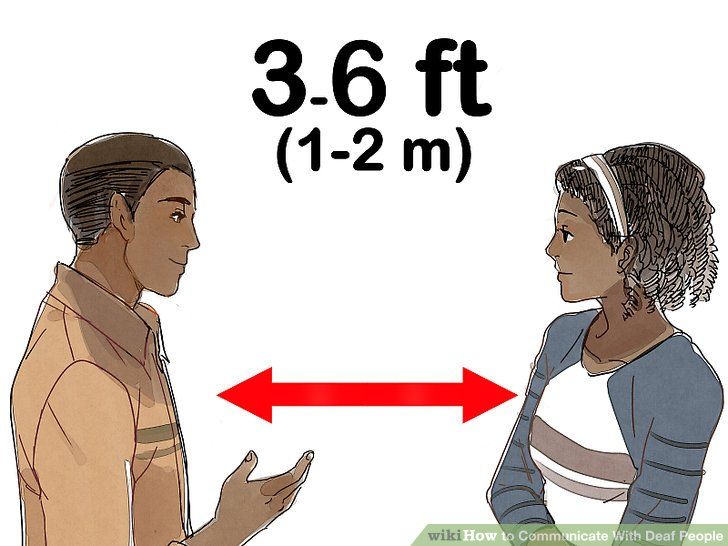 React calmly, be open in dialogue and ask again if in doubt.
React calmly, be open in dialogue and ask again if in doubt. - Be respectful. For each interlocutor, it is important to initially have respect. Even when a person makes a mistake or insists on his own, although he is wrong, he wants to be listened to carefully and taken seriously. When communicating, do not get personal and use the pronoun “I” instead of “you” more often.
- Learn to listen. Showing attention is one of the most important aspects of communication. Listen to the person, ask questions, don't hide your emotions when you hear something new or surprising. At repeated meetings, return to what was discussed earlier. The interlocutor will be pleased if you remember the important moments of his life.
Exercises that will help you learn to communicate
Doctor of Psychology, Professor, Rector of the University of Practical Psychology Nikolai Kozlov reminds that communication skills are not innate, they can and should be trained:
- The more people you communicate with, the easier it is to find a common language with them.
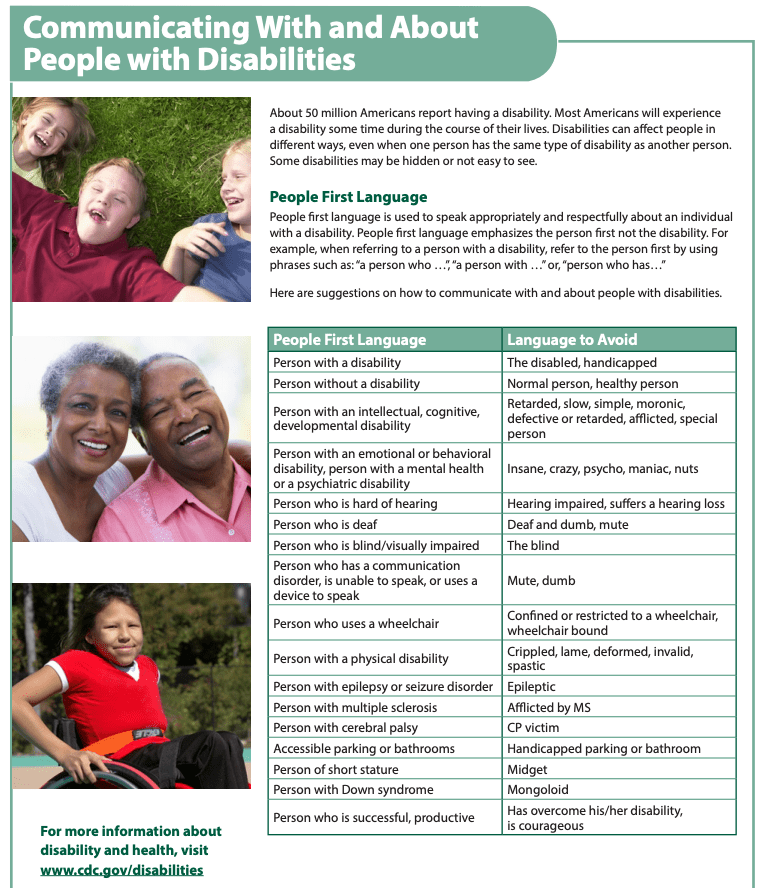 Look for opportunities to talk to strangers, and instead of text messages and emails, call people.
Look for opportunities to talk to strangers, and instead of text messages and emails, call people. - Not only what is important, but how you say it. Look at the interlocutor openly and with interest, watch for facial expressions of emotions, use smooth and unhurried gestures, keep your palms open. If you repeat the poses and gestures of the interlocutor with a slight delay (mirror them), this will help the person open up and trust you.
To develop communication skills, use simple exercises:
- “Chair Talk”. Try every day to talk aloud with objects: mentally make a conversation plan and stick to it; Speak for a few minutes on a specific topic. For example, start with how things are going for you. This exercise helps to express thoughts coherently.
- "10 strangers". To get rid of the fear of starting a conversation, set a goal to have a casual conversation with ten strangers every day. So, you can ask the seller's opinion about the product, ask the first person you meet for directions, chat about the weather with the concierge, ask your neighbor for salt.


